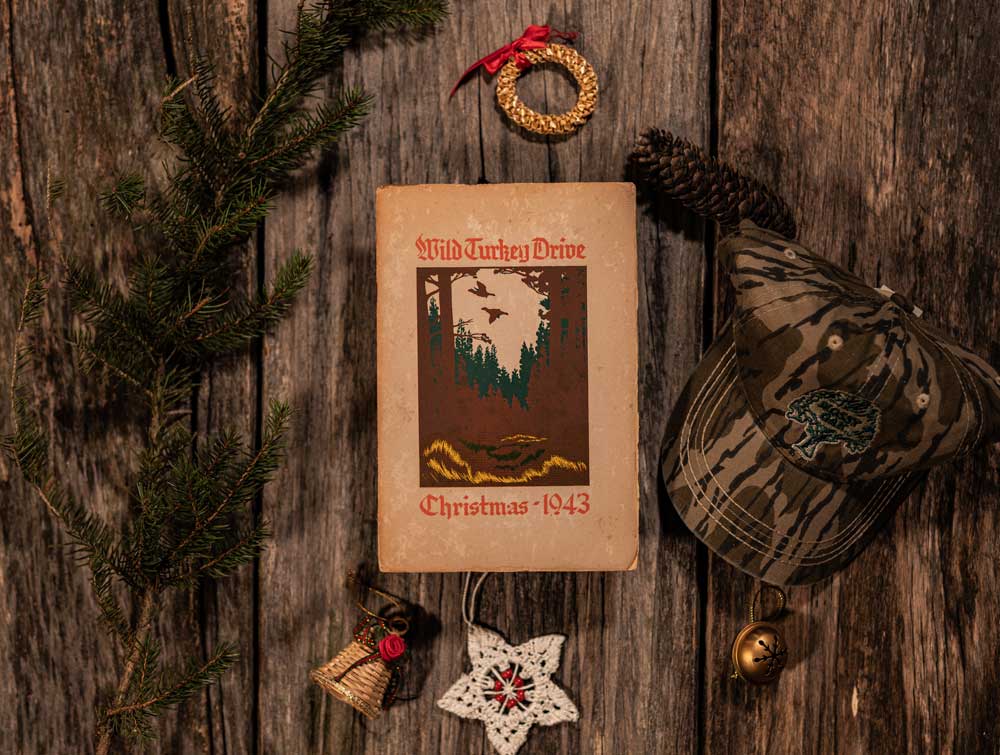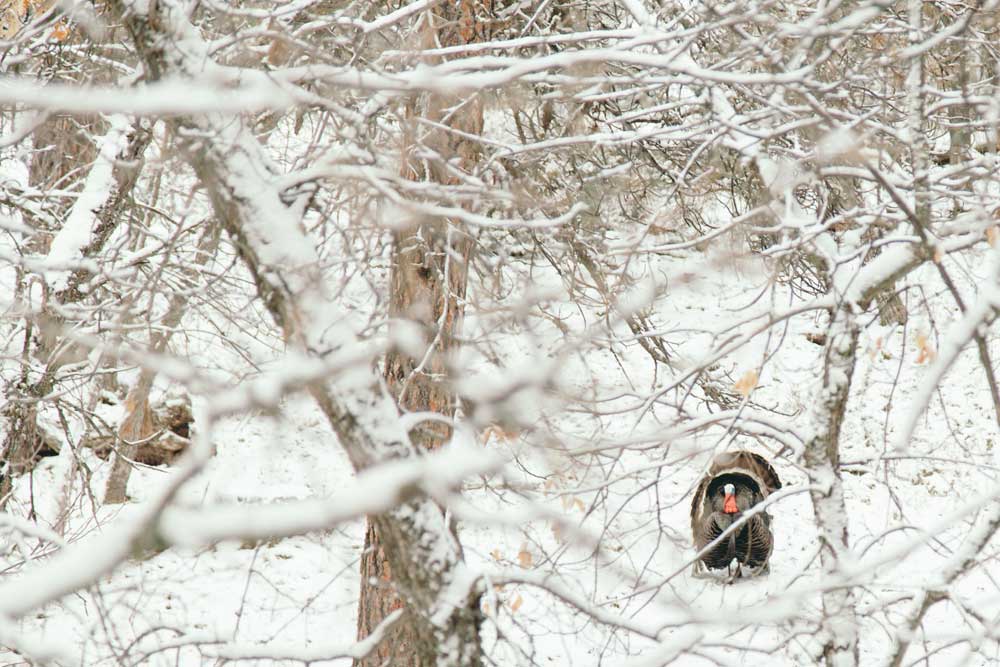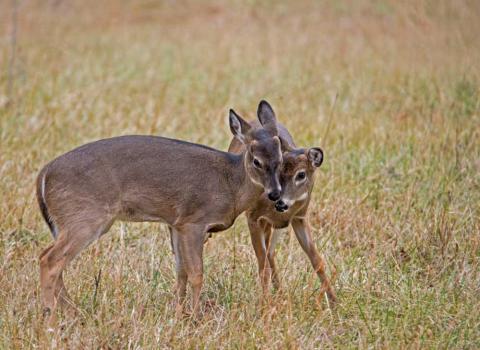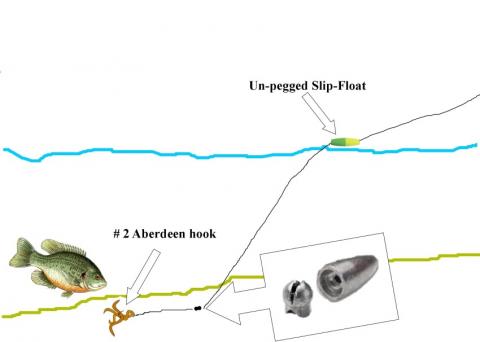Brent Rogers
It’s The Most Wonderful Time of the Year….
A classic Christmas carol brings to mind many of the wonderful things we enjoy; family, food and festivities. We take delight in giving and receiving gifts, even if we sometimes scratch our head about what gift to give. Not everyone will go to the lengths that the late Hoffman Philip did. He wrote a book each Christmas about a significant event in his life to give to select friends! For Christmas 1943, he wrote the entertaining book Wild Turkey Drive, covering a traditional wild turkey drive (and some quail hunting for a mixed bag).

This is a book that will bring you holiday cheer, should you be fortunate to track down one of the signed and numbered copies of 200. It is the first truly limited edition turkey hunting book, and written at a time when you could count the number of published books dedicated to wild turkey hunting on one hand. Consider that wild turkey populations were yet at record-low levels across much of the country. The tide was set to turn, with the Pittman-Roberson Act of 1937 creating funds for wildlife programs through gun and ammunition sales taxes, and the 1940 Federal Wildlife Restoration program bill passage. Florida Georgia Line is not just a country band; it is one of few places in the country in the early twentieth century where you could find a drove of turkeys.
With few exceptions, turkey hunting in that period of our nation’s history was a fall affair. Without adequate means to preserve meat, winter larder’s were stocked in late fall. The gregarious flocks of turkeys provided challenging sport and excellent table fare for hard working Americans. Fall hunters today still employ many of the tactics used then. Food sources for turkeys were critical to locate, some busted flocks with dogs, and others pursued gobblers with great obsession. One of the traditions then was something most people would more identify with deer hunting, that being a wild turkey drive. Native Americans were known to drive game, even using burns to aid the drive, this having a peripheral benefit of creating early successional habitat for the next year’s brood-rearing.
Hoffman Philip may have been an unlikely person to write this book, as he generally wrote his Christmas story about his world travels. He served as a US Ambassador to many different countries on 4 different continents in the first third of the 1900s. Born in 1872, he served in the Spanish-American War, part of Theodore Roosevelt’s Rough Riders. It says something about his reverence of the wild turkey and his hunting partners for this world traveler to choose this uniquely American experience for his 1943 book.
Many of us have great anticipation the night before turkey season, just as we did as kids the night before Christmas. Hoffman writes, “I fell asleep trying to imagine just how and where the splendid tame bird would present itself.” The next morning, with his 3 hunting companions, they met hunters from a neighboring estate at “one of three large forest preserves set aside for the propagation of wild turkeys.” The management of the area seems to have been successful; “the small original flock” had increased to “something over one hundred wild birds.” Furthermore, there was thought given to sustainable hunting practices, as he recorded “Rarely more than once in each season is a drive,” and “We had been admonished by host that gobblers only were desired, and that the limit was two to each gun.”

Of the hunt itself, his words record some of the purity and simplicity that we love about the turkey woods. The silence of the dawn was “broken now and again by the startling whistle of unseen ducks’ wings. The sharp twitter of some bird awakening birdlet or the chirp of an insect from the undergrowth pierced the expectant ear…moments such as these are fraught with a strange, awed ecstasy.” The drivers, or beaters, fulfilled their duty and Hoffman took “A quick shot and my gobbler sailed on untouched. The next shot was right. The folding up of the big turkey and the resounding thud as it crashed to the ground from on high gave rise to that surge of exultation which comes to the hunter at such moments.” Today we are more familiar with the thud of geese, with turkeys not often shot on the wing, but we know the joy of a successful harvest.
My father always told me that when whatever game we were pursuing got away, that it was a good thing, as “we’ve got to leave some for seed.” Well, Hoffman writes that one wizened gobbler had obliged himself to do just that. “The writer, having put his gun aside was discussing the wonderful experience with the host. At that juncture, a perfectly enormous gobbler arose from his hiding place in the tall dead grass nearby….as the rising sun touched the bronze of his plumage…we rejoiced that this grand representative of our truly American bird family would live to practice his cunning another day.” As turkey hunters, we are glad when the turkey wins. It assures us of our chance to match wits another day.
You don’t have to write your own turkey hunting book, as there are scores of great turkey hunting books easily available. Consider giving the gift of wild turkey literature to yourselves or to the other turkey hunters in your life this Christmas. The most wonderful time of year isn’t limited to Christmas, or even to turkey season, when you have turkey tales to enjoy all year!



























